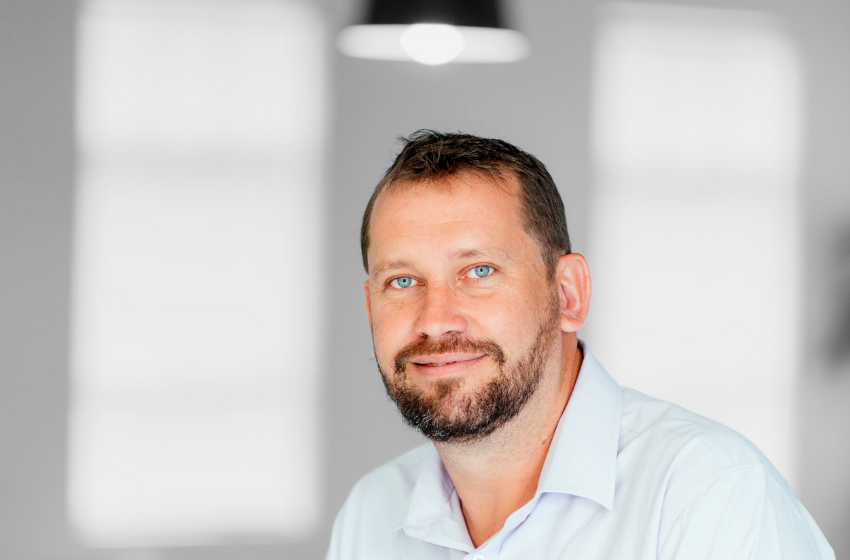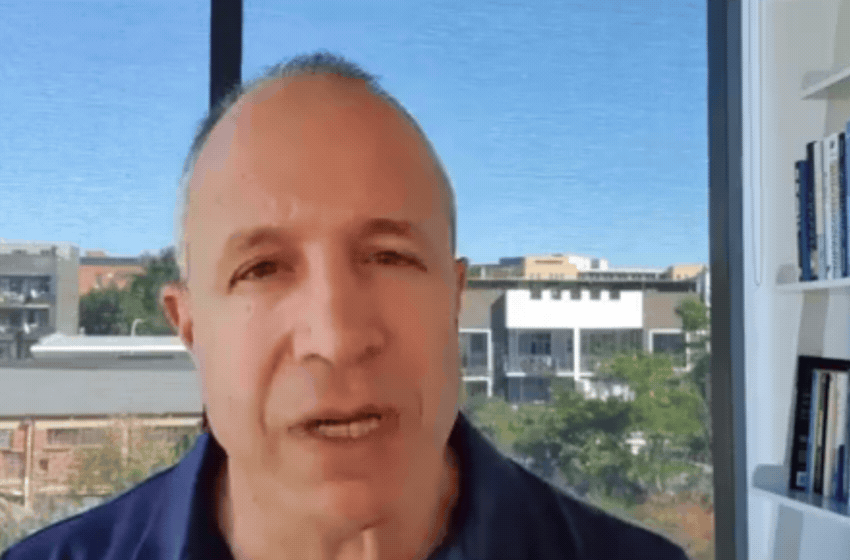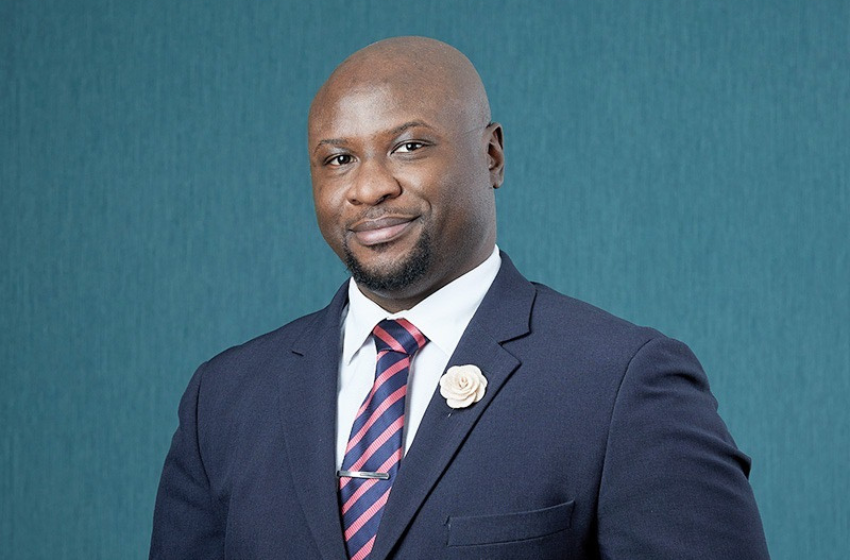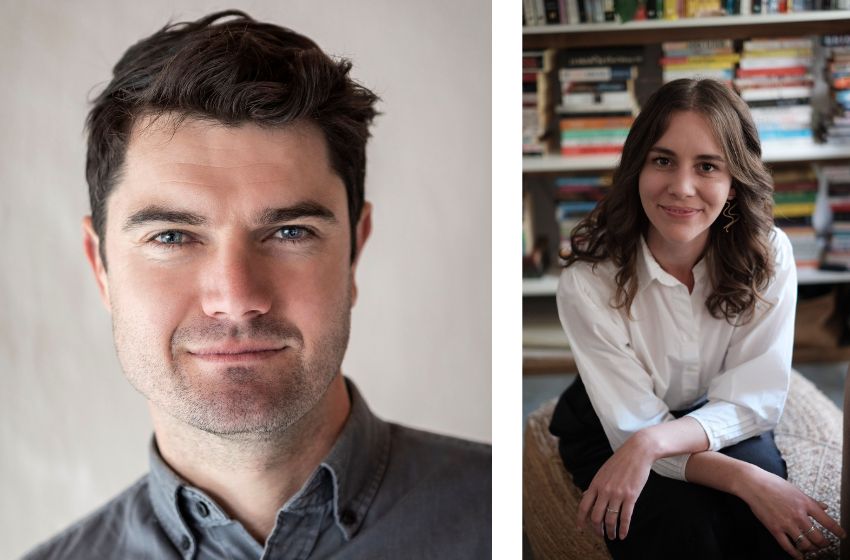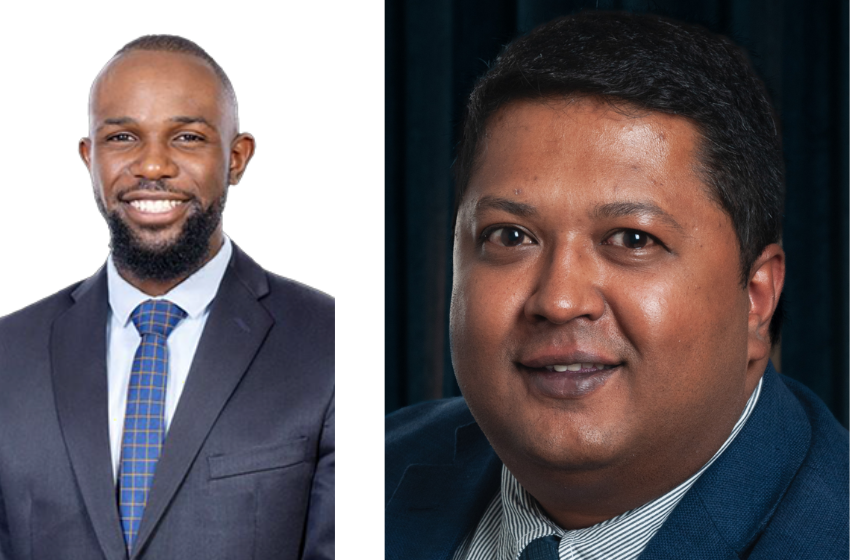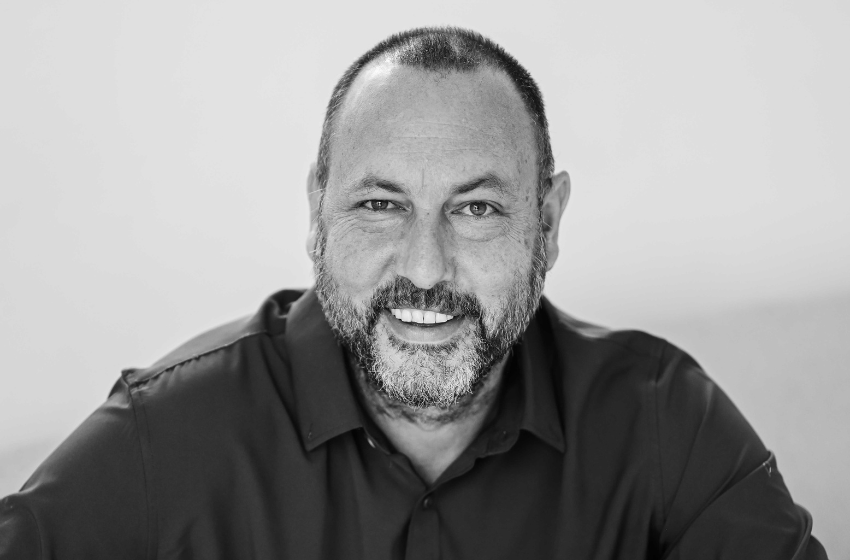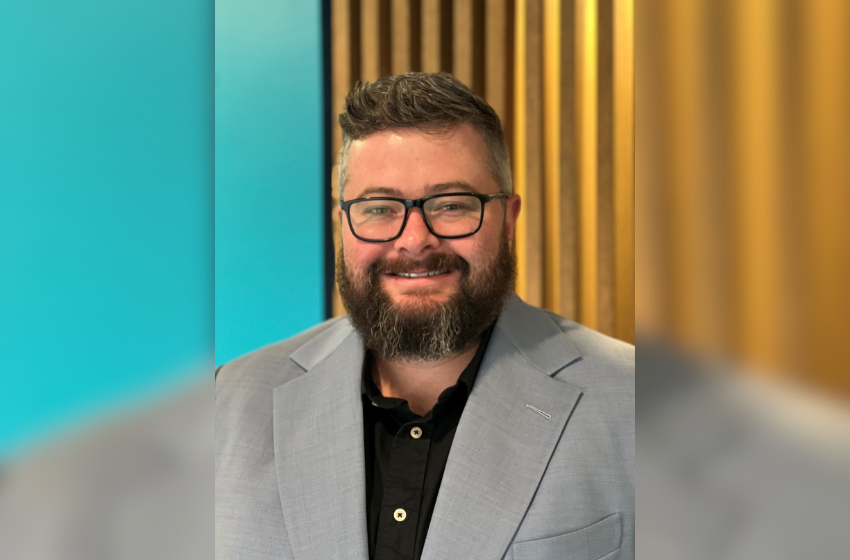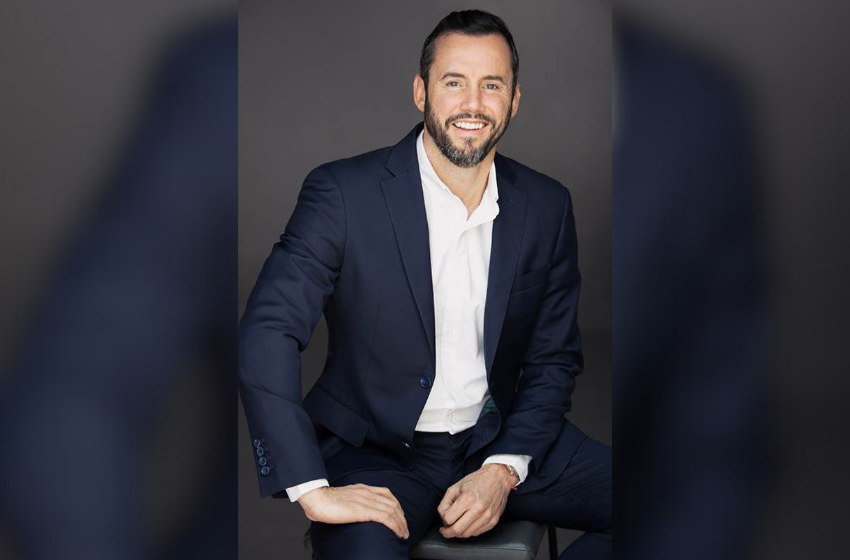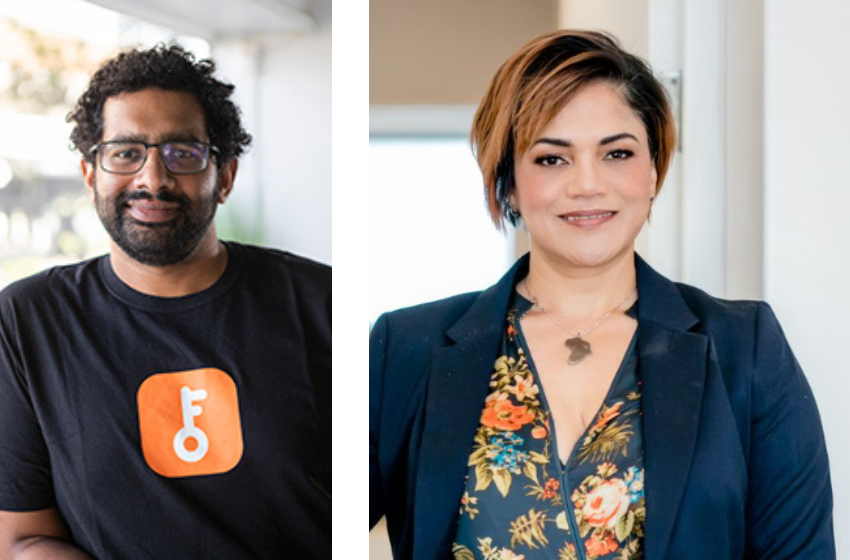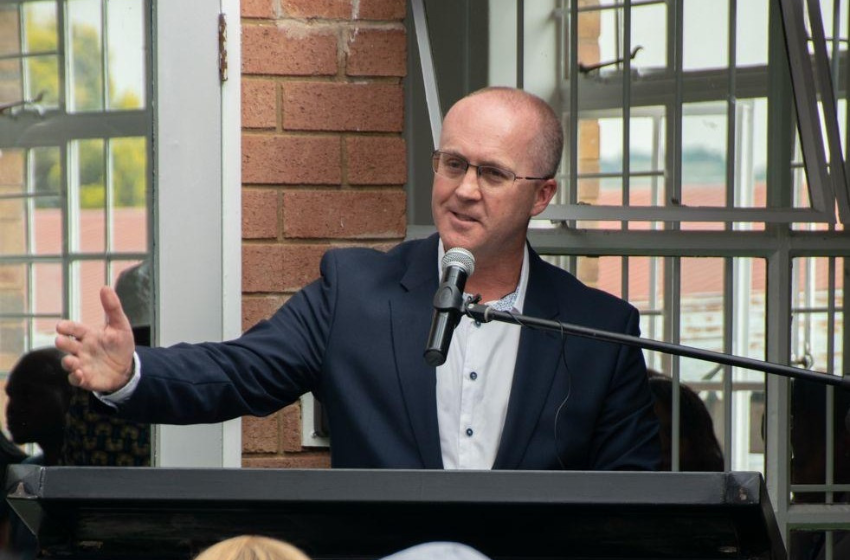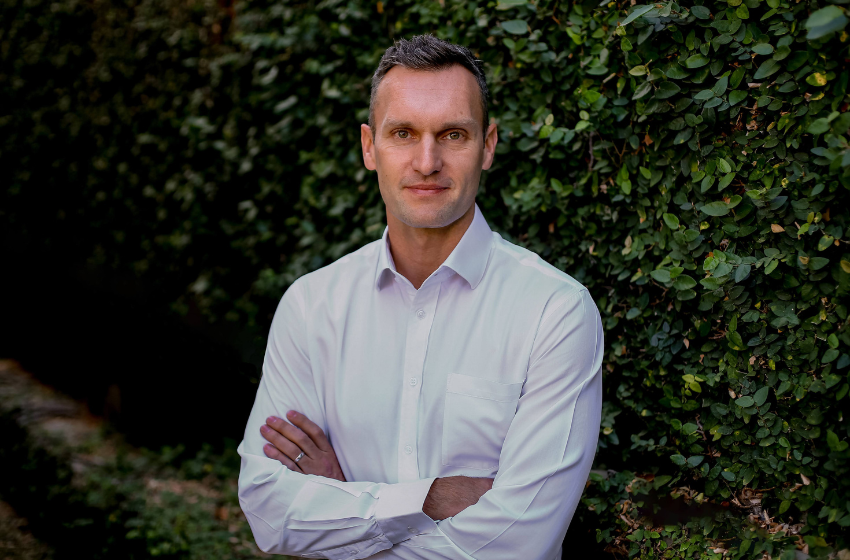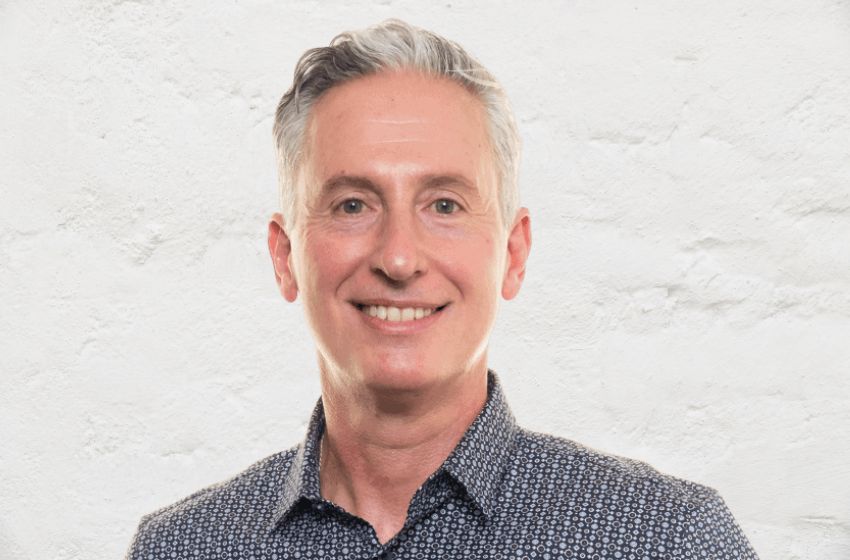
|
Listen to this article.
Getting your Trinity Audio player ready...
|
Community-engaged and inclusive research is crucial for achieving health equity
By Associate Professor Lynn Hendricks, Stellenbosch University
Winning a prestigious award for your research is always a momentous occasion. Receiving the 2023 Springer Nature Inclusive Health Research Award was more than just personal recognition, it was a validation of the unwavering commitment to community-engaged and inclusive research, a research methodology often overlooked in traditional academic settings.
Through this award we were able to launch the Inclusive Strategies for the Promotion of Innovation in Research for Equity Collaboration (INSPIRE Collab) in the Department of Global Health as well as work with a local clinic to create a youth friendly clinic room. This continues to break down boundaries between the community and academia. It is a testament to the inclusivity that the award – a warm recognition for the team who made the project possible.
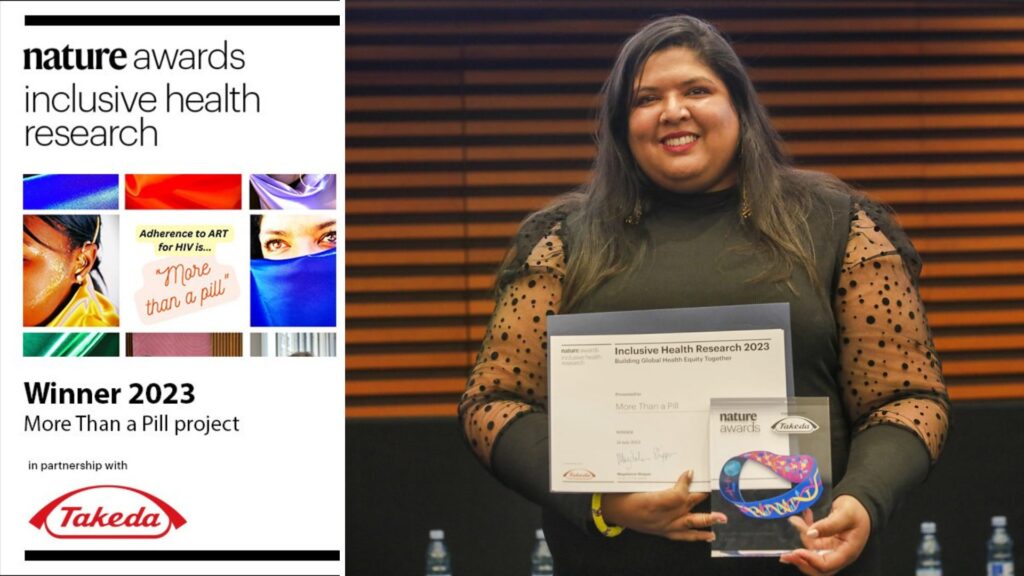
An extra benefit is that on the back of this, the Inclusive Health Research Awards hosted by Nature Awards will, for the first time this October, be held in Africa at Stellenbosch University. This is a significant milestone for the continent because it is a recognition of the continent’s growing role in global, inclusive health research, offering a platform to highlight innovative solutions and foster wider collaboration, and hopefully more researchers will be recognised for their work in this space.
As a qualitative researcher I have been intentionally advocating for a research approach that prioritises collaboration, respect, and co-creation of knowledge. This is because it is not enough to simply have implementation practices for health equity; the knowledge used to create those practices must also be aligned with the needs and values of the communities they are intended to serve. And, fundamentally, because when there is a disconnect between the knowledge produced and how it is used, it is the public and the community who suffer.
Prioritising community engagement from the outset of the research process allows for the development of science that is relevant, context-driven, and inclusive. By involving communities in the research process, researchers can ensure that the research questions being asked are relevant to the community’s needs and that the research findings are meaningful and applicable to their lives. This is particularly important in the hard sciences, where the participation of end-users and stakeholders is crucial to ensure that resources are being distributed to areas that are truly relevant.

Our work at the university, particularly the More than a Pill project, exemplifies this approach. Although I led the research, our team consisted of Professor Taryn Young, Prof Karin Hannes, The Dollie House, and the staff and patients of local clinics, and many other collaborators over the three-year period. Focused on young women living with perinatal HIV infections, the research journey was deliberately designed to be open-ended, allowing the participants to actively shape the direction and methodologies of the study. This approach, while initially questioned by some, yielded a wealth of insightful and impactful outputs, ranging from documentaries and art exhibitions to photo essays and academic publications.
More importantly, the project fostered an intense sense of community amongst the participants, providing them with a platform to connect, share their stories, and find mutual support
The project used inclusive practices, including the open-ended methodology – an important element of the project which demonstrated the commitment to inclusivity – going beyond simply including diverse participants. We purposefully avoided dictating the research direction. Instead, we allowed the young women involved to guide the research focus. This ensured the project explored topics relevant to their lived experiences.
We were flexible in our method of research. This was in recognising the importance of participant comfort and agency. We offered a range of other alternative and potential methods, allowing the participants to choose the approaches that best suited them. This resulted in a diverse output that included documentaries, art exhibitions, and photo essays.
As part of the project, we incorporated ongoing collaboration and edits. The emphasis on collaboration continued throughout the project, even during the production phase. Participants were empowered to provide feedback and request edits to the documentary, ensuring their voices were accurately represented in the final product.
These examples prove that inclusive research is more than just ticking boxes. It requires a fundamental shift in power dynamics, ensuring that research processes and outputs genuinely reflect the needs and priorities of the communities involved.
The More than a Pill project exemplifies the power of community-engaged research. The approaches were guided by values such as transparency, equality, respect, and trustworthiness, and thus resulted in a rich body of work. More importantly, it fostered connections among the participants, who found support and solidarity in sharing their experiences.
For young researchers considering this approach, the key message is that health equity cannot be achieved without values and respect. This is the very essence of inclusive research. Valuing people and highlighting values as part of the research process are essential for scientific integrity and ultimately lead to health equity. By respecting others and prioritising their needs, researchers can create a research ecosystem that is inclusive, relevant, and impactful.
Finally, when we approach research with a genuine commitment to valuing individuals and their lived experiences, we lay the foundation for a more equitable and just research landscape. This means not only respecting the communities we work with but also ensuring that our research processes and outputs reflect their needs, priorities, and aspirations.
By embracing this ethos, we can move towards a future where research is truly a collaborative and transformative force for good, driving meaningful change and contributing to a healthier and fairer world for all.


About Dr. Lynn Hendricks, Associate Professor at Stellenbosch University
Lynn Hendricks is from the Division of Health Systems and Public Health at the Stellenbosch University. She is an award-winning academic known for her transdisciplinary approach, blending creative methodologies, multidisciplinary theories and community engagement to drive meaningful impact.
Share via:



